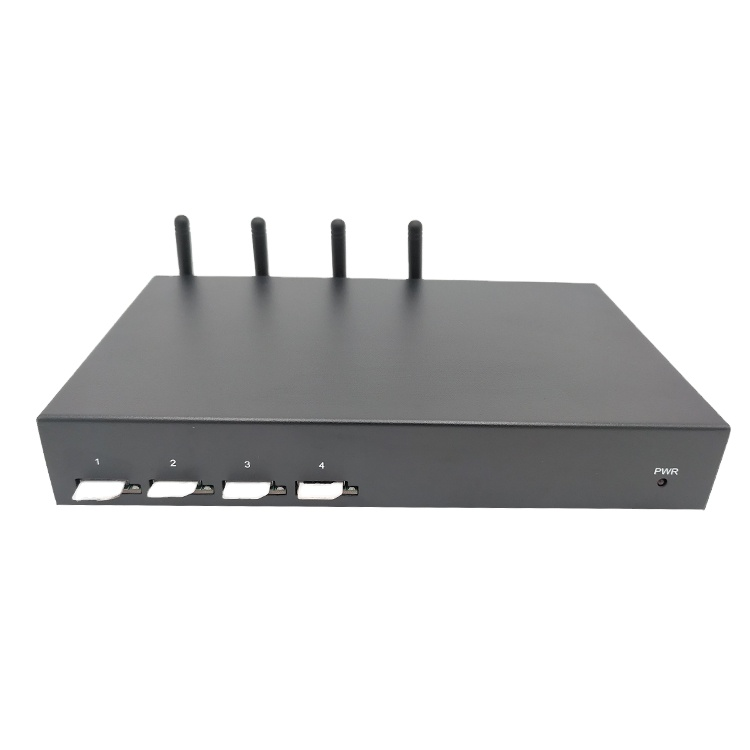What is a VoIP GSM gateway and how does it work?
In the modern era of advanced telecommunications, businesses and individuals alike are constantly seeking innovative solutions to enhance their communication capabilities. One such solution that has gained significant popularity is the VoIP GSM gateway. This article aims to provide a comprehensive understanding of what a VoIP GSM gateway is and how it works.
To begin with, let's break down the term. VoIP stands for Voice over Internet Protocol, which refers to a technology that allows voice communication to be transmitted over the internet instead of traditional telephone lines. GSM, on the other hand, stands for Global System for Mobile Communications, which is a standard for cellular communication used by mobile phones worldwide. A VoIP GSM gateway, therefore, combines these two technologies to enable the conversion of voice calls between the internet and GSM networks.

So, how does a VoIP GSM gateway actually work? At its core, it acts as a bridge between traditional telephony and internet-based communication. The gateway typically consists of both hardware and software components. The hardware component includes a device that has ports for connecting traditional telephone lines (analog or digital) and SIM cards used in GSM networks. The software component involves the configuration and management of the gateway, allowing it to handle the conversion and routing of voice calls.
When a call is initiated from a traditional telephone connected to the VoIP GSM gateway, the gateway converts the analog or digital signal into packets of data that can be transmitted over the internet. These packets are then sent to a VoIP service provider, which is responsible for routing the call to the intended recipient over the internet. On the receiving end, the process is reversed. The VoIP service provider receives the packets, converts them back into an analog or digital signal, and delivers the call to the GSM network through the SIM card inserted in the gateway. This enables the call to be completed using the existing mobile network infrastructure.
One of the key advantages of using a VoIP GSM gateway is its cost-effectiveness. By leveraging internet-based communication, businesses can significantly reduce their phone bills, especially for long-distance and international calls. VoIP calls are typically much cheaper than traditional calls, and with the integration of GSM networks, users can take advantage of lower mobile network rates as well. This makes a VoIP GSM gateway an attractive solution for businesses that have high call volumes or frequently make international calls.
Furthermore, a VoIP GSM gateway provides flexibility and scalability to businesses. It allows for the integration of different communication systems, such as legacy PBX systems, IP-based telephony systems, and even cloud-based communication platforms. This means that businesses can leverage their existing infrastructure while benefiting from the advanced features and cost savings offered by VoIP technology.
In addition to cost savings and flexibility, a VoIP GSM gateway also offers improved mobility. Users can make and receive calls from anywhere with an internet connection, enabling remote and flexible work arrangements. This is particularly beneficial for businesses with a mobile workforce or those operating in multiple locations.
It is worth mentioning that the functionalities and features of VoIP GSM gateways can vary depending on the specific model and manufacturer. Some gateways may offer additional features such as call routing, call recording, and integration with other communication applications. Therefore, it is important to carefully evaluate the available options and choose a gateway that best suits the unique requirements of the business.
In conclusion, a VoIP GSM gateway combines the power of VoIP technology and GSM networks to enable seamless communication between traditional telephony and internet-based systems. By converting voice calls into data packets and routing them over the internet, businesses can enjoy significant cost savings, enhanced flexibility, and improved mobility. As the world continues to embrace digital communication, VoIP GSM gateways are becoming an essential tool for businesses looking to optimize their communication infrastructure and streamline their operations.

Comments
0